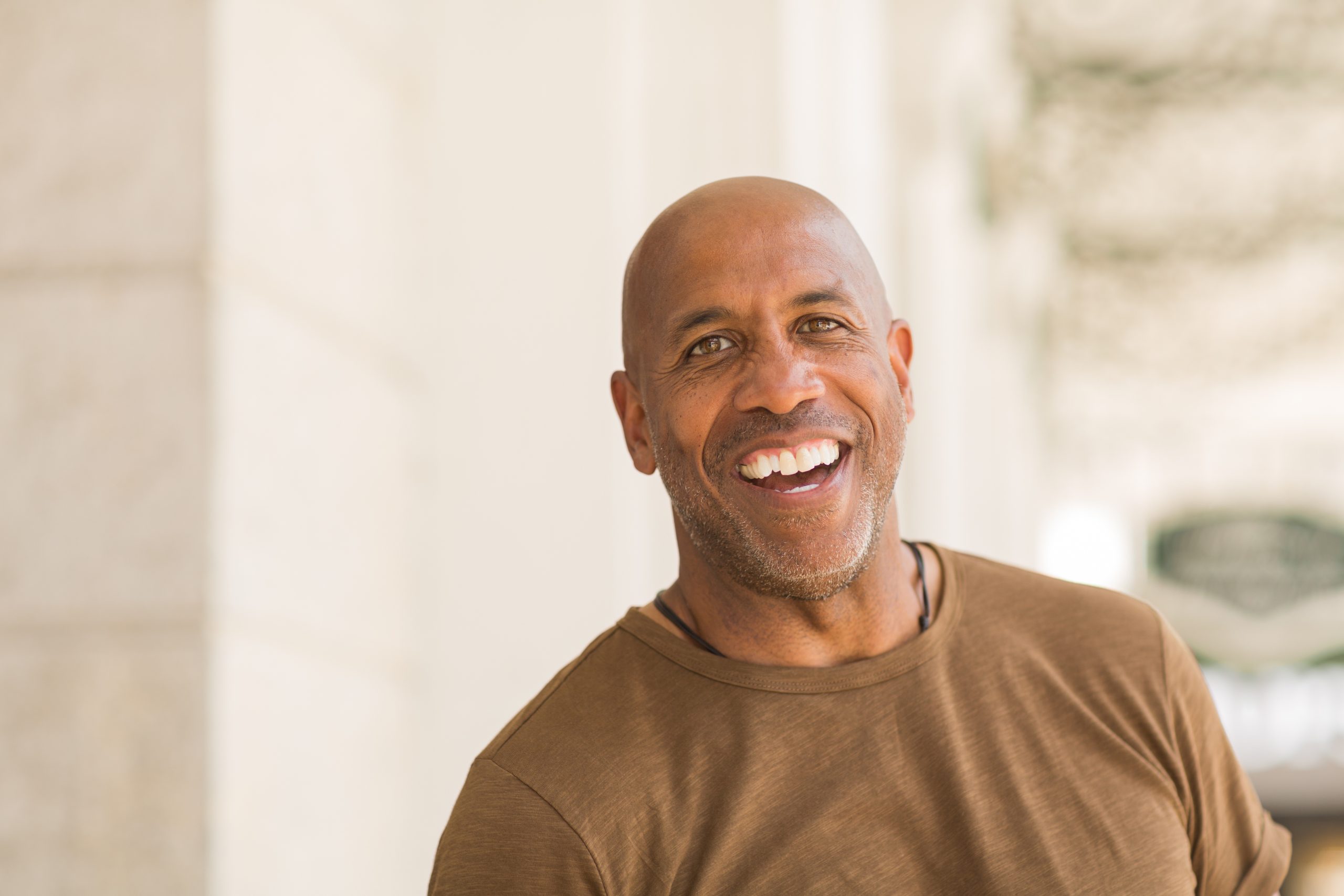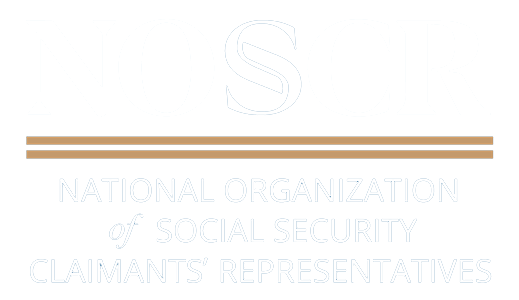
Qualifying for Disability Benefits FAQS
Do I qualify for Social Security Disability?
In your individual case, it’s a question that can only be answered with an individual consultation. The main rule, though, is that you must be unable to work because of health problems to qualify for Social Security Disability.
And you have to prove it with evidence.
More On Qualifying »Do I qualify for SSD or SSI benefits?
People talk about Social Security Disability (SSD) benefits and SSI like they’re the same thing. They are two different programs run by Social Security.
- Social Security Disability Insurance (SSDI) is a government-run insurance program for workers. You become eligible for coverage when you work and pay Social Security taxes. (It’s not a handout.) When you can’t work because of bad health, you get monthly income support at a level partly determined by your past earnings.
- Supplemental Security Income (SSI) is an economic aid program for people with little income or other financial resources. You must be unable to work, just like SSDI, but you don’t need a work history. You must meet certain financial requirements. The government has pre-set amounts that it pays to SSI recipients.
Can I work and still qualify for Social Security Disability benefits?
You can’t work much and still get disability benefits. The goal of Social Security Disability is to help people financially because they can’t work.
Social Security has a limit on how much you can earn from work and still qualify for disability benefits. They call it “substantial gainful activity” or SGA.
SGA is a monthly amount you can earn before losing SSD eligibility. If you go over that amount, it disqualifies you from Social Security Disability.
But even if you work and make less than SGA, it’s risky to work while applying for Social Security Disability.
Social Security may think your ability to work, even a little, is a sign of your ability to work more, so you don’t need help.
Can I qualify for disability benefits and unemployment benefits?
It complicates your situation if you’re trying to get disability benefits and receive unemployment benefits at the same time.
The reason is that when you get unemployment, you’re officially saying that you are ready and willing to work as soon as a job comes up.
But disability benefits require you to be unable to work.
So, getting unemployment could jeopardize your disability claim. Social Security could see your unemployment benefits as a sign that you’re able to work.
Manage this carefully. Talk to an experienced disability lawyer.
Can I qualify for Social Security Disability benefits as a widow or widower of someone who received Social Security?
If your spouse worked and paid into Social Security and had qualifying credits in the system, you could claim widow or widower’s benefits after their death.
You must also have a disability that qualifies for the program to get Social Security Disability widow or widower’s benefits. Barnes Disability Advocates can help you make this case.
How much does Social Security Disability pay?
Social Security Disability Insurance (SSDI) benefits pay monthly income support calculated based on your past earnings when you worked. The amount is different for everyone, but cannot surpass a limit that was over $4,000 as of 2026.
Supplemental Security Income (SSI) pays a monthly amount determined by a national rate that’s the same for everyone but can be reduced for you if you have certain other kinds of benefits or income (or canceled altogether if you have too many other financial resources.) The maximum SSI payment is lower than SSDI.
The amounts for both typically increase a little each year with cost-of-living adjustments.
LEARN MOREApplying for Social Security Disability Benefits: FAQS
When should I apply for Social Security Disability benefits?
As soon as you realize your medical conditions rule out working, you should apply for Social Security Disability.
You might have heard that your impairment has to last 12 months to get disability benefits. DO NOT WAIT 12 MONTHS.
That requirement simply means your health problems must be serious enough that they clearly won’t be resolved in less than 12 months.
If it turns out you’re able to return to work in less time, you can drop your claim. But there are many reasons you should start your claim even if your health hasn’t been impaired for 12 months yet:
- It takes a long time for Social Security to process your claim, so by the time you’re approved for benefits, most or all of the 12 months will have passed anyway. Best to get started now.
- When they approve your benefits, you get back pay for the time you spent waiting. The earlier you apply, the more potential back pay you get.
- If you wait too long, it can be harder to track down medical records and other information you need, as it starts to get old.
- Social Security may see your delaying as a sign you don’t urgently need benefits, leading them to deny you.
Will Barnes Disability Advocates help with my initial disability benefits application?
Yes, our disability lawyers help you from the very beginning of your disability claim.
Some law firms will tell you to apply on your own first and go back to them for help when you’re denied.
Not us. Barnes Disability Advocates will coach you through the entire Social Security Disability process—including filling out forms, getting medical information from your doctors, talking to other people who know how your health problems have changed your life, and more.
Having an experienced disability lawyer from the start helps you avoid mistakes, improve your chances of winning benefits, be ready if you need to appeal a denial, and ease all the work that falls on you.
Do I have to stay on Social Security Disability benefits forever?
You only get Social Security Disability benefits as long as your health conditions make it impossible for you to work.
When your health improves, you can return to work and stop getting benefits. In fact, Social Security will end your benefits when they see that you can work again.
They have programs that let you try out returning to work before fully giving up disability benefits.
If your health doesn’t recover to the point where you can work more than a minimal amount, your disability benefits can continue until retirement age. Then, you switch from disability to Social Security retirement benefits.
What’s the difference between Medicare and Medicaid?
When you’re applying for Social Security Disability benefits, you’ll hear about Medicare and Medicaid. What’s the difference?
When you get Social Security Disability Insurance (SSDI) benefits, you become eligible for Medicare. This is health care coverage usually for retired people, but people who qualify for disability benefits can get it earlier.
There’s a waiting period before your Medicare starts, but when it does, it can make a major difference as you manage your health.
When you get Supplemental Security Income (SSI) benefits, you qualify for Medicaid immediately (no waiting period). Medicaid pays for health care services for people with limited financial means at any age.
How do I get by while I’m waiting for Social Security Disability?
It takes a long time to win Social Security Disability benefits. In the meantime, you’re out of work and out of money. It’s an extremely difficult situation.
While you wait, you may need to go into savings, seek help from friends and family, and find other services that can help you.
Here are some resources you can look into:
Appealing a Denial of Social Security Disability Benefits: FAQS
They denied my Social Security Disability benefits. Should I appeal?
Most likely, yes. As discouraging as a denial letter seems, you have to understand that it’s a normal part of the process for Social Security to deny you—and for you to appeal.
In Utah, it’s typical for 60% of first-time applications to be denied, a number that’s higher in some states, reaching a national average of 80% denials over several years.
Social Security is always under pressure to block anyone who doesn’t truly need disability benefits, so they deny most people and make you go through more hoops to prove you need the help.
Filing a Social Security Disability appeal is much more like a legal case, so it makes sense to work with a skilled disability lawyer.
Help For SSD Denials »When should I appeal my Social Security Disability denial?
Immediately. You have 60 DAYS FROM THE DATE ON YOUR DENIAL LETTER to file your appeal. Don’t wait and miss the deadline.
If you have to start your application all over again, that will take longer.
Do I need a lawyer to appeal a Social Security Disability denial?
We highly recommend getting a disability lawyer to appeal a benefits denial.
You’re not legally required to have a lawyer, but a disability appeal is a legal process involving gathering more evidence, building legal arguments for why it was a mistake to deny you, testifying before a disability judge, and cross-examining people who testify about your situation.
One government study found that you’re almost three times more likely to win benefits after a disability hearing with a judge if you had a representative like an attorney.
Social Security cut off my benefits after a continuing disability review. Can you help?
Yes, if you were already receiving Social Security Disability benefits, and Social Security reviewed your benefits and said you don’t qualify anymore, Barnes Disability Advocates can help you appeal that cessation of benefits.
CALL US FAST. When you get a notice that your benefits are ending, you only have ten days to request that your benefits continue.
Working with a Utah Social Security Disability Lawyer: FAQs
Do I need a lawyer to get Social Security Disability?
It’s not required to get a lawyer for your disability claim. But it can be the best move.
They’ve made getting Social Security Disability benefits as tough as a legal case, requiring evidence, arguments, and lots of paperwork.
Social Security denies most people at first. Then you have to appeal, which can include testifying before a disability judge.
You can get an experienced disability lawyer to help you through this. They can improve your chances of winning benefits. And you pay no attorney’s fee until you win.
Learn More »Will Barnes Disability Advocates take my case?
You can find out in a free consultation with our Utah disability lawyer team if we’re able to take your disability claim.
If we believe you meet the technical requirements for Social Security Disability, we will fight for you.
Our disability law firm takes cases that aren’t easy, cases other firms may turn away. As long as we see that you meet the legal definition of qualifying for disability benefits, we will help.
How much does it cost to get a Social Security Disability lawyer?
You don’t pay anything up front to get a Social Security Disability lawyer.
Your disability lawyer only gets paid when you win benefits. (There’s no attorney fee if your case isn’t successful.)
When you win benefits, your disability attorney fee doesn’t come out of your pocket. Disability lawyers collect their fee from one-time, lump-sum back benefits that Social Security awards to cover months that you waited on your claim.
And Social Security places strict limits on how much of your back pay your lawyer can collect. Social Security made this rule, so it won’t be a financial burden for you to get help with disability benefits.
Why should I work with Barnes Disability Advocates?
Barnes Disability Advocates is different from other disability representatives in several ways:
- We focus completely on disability claims. It’s a special area of law that not all other lawyers know, and we don’t divide our attention with anything else.
- We created our own tools to make applying for disability benefits easier for you. We have written directions that you and your doctors can follow to fill out Social Security Disability forms in a way that increases your chances of winning benefits.
- At Barnes Disability, you’ll always get direct attention from your attorney.
- Our disability lawyers do much more than check boxes. We look closely at your situation to find bigger strategies for success. We guide you as you seek medical treatment and collect medical evidence. We stay on top of Social Security to make sure your claim is moving forward.
- For people in Southern Utah (and states bordering Southern Utah), we’re the only local firm that’s dedicated to Social Security Disability cases.
- Being local is an advantage because we know local Social Security offices, the people who work there, and how they operate.
- We take cases to the highest level of appeals—federal court. Not all disability law firms do that. Most cases don’t go to federal court, but if it’s necessary in your case, we can stay with you all the way.
Does Barnes Disability Advocates help with SSI benefits for children?
Yes, if you have a child with special needs and your household finances qualify, Barnes Disability Advocates can help you get Supplemental Security Income (SSI) benefits, which help families take care of children with disabilities.
Does Barnes Disability Advocates help with Social Security Disability for a disabled adult child?
Yes, this is when an adult child with disabilities has never been able to work much and pay into the Social Security system. In that case, they could receive Social Security Disability benefits because their disabled, retired, or deceased parents worked and have credits in the system.
Social Security calls these “disabled adult child” benefits, and Barnes Disability can help your family with them.



